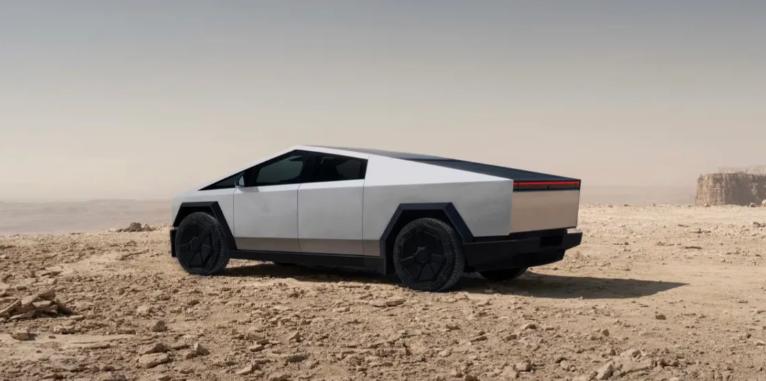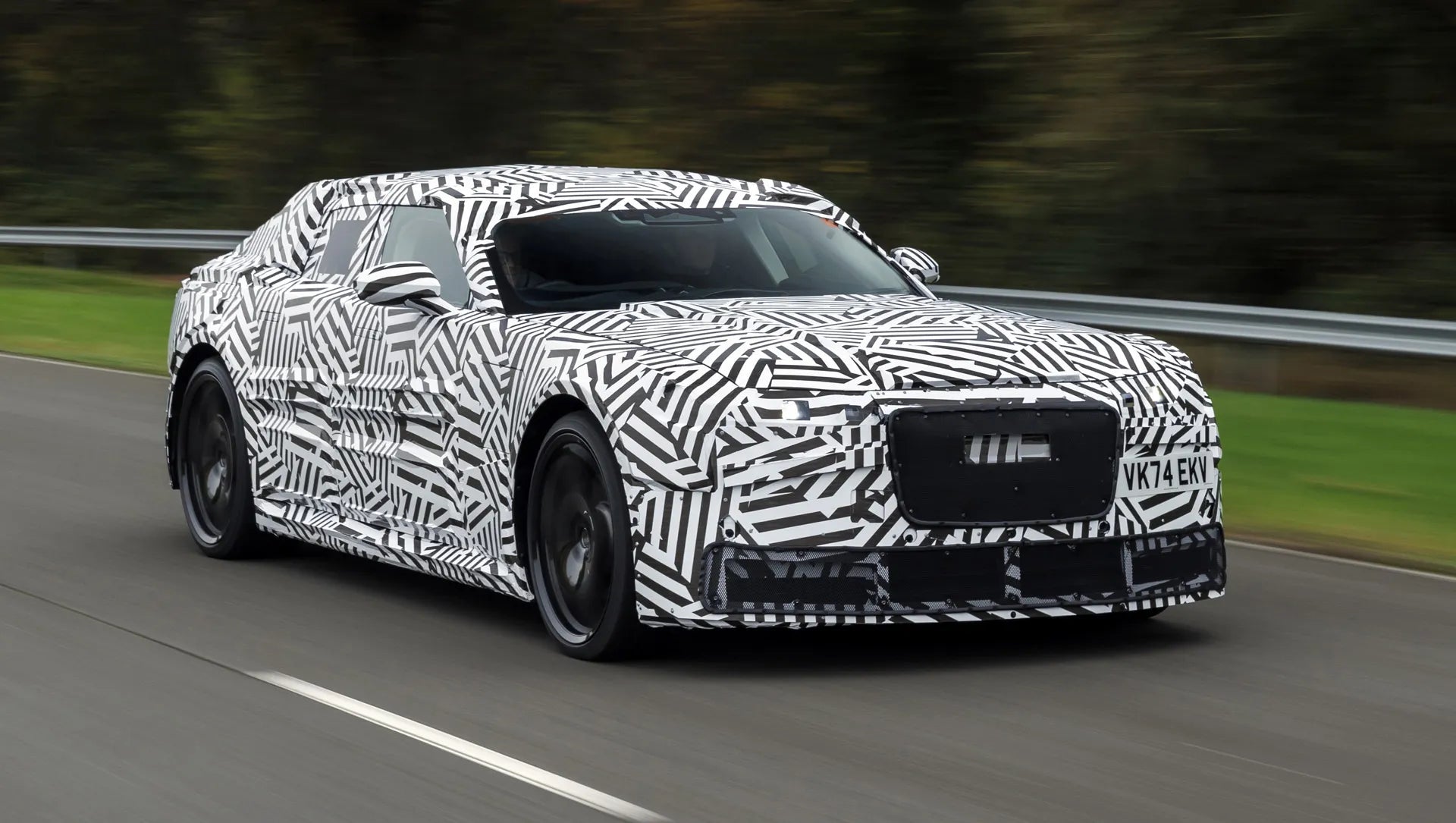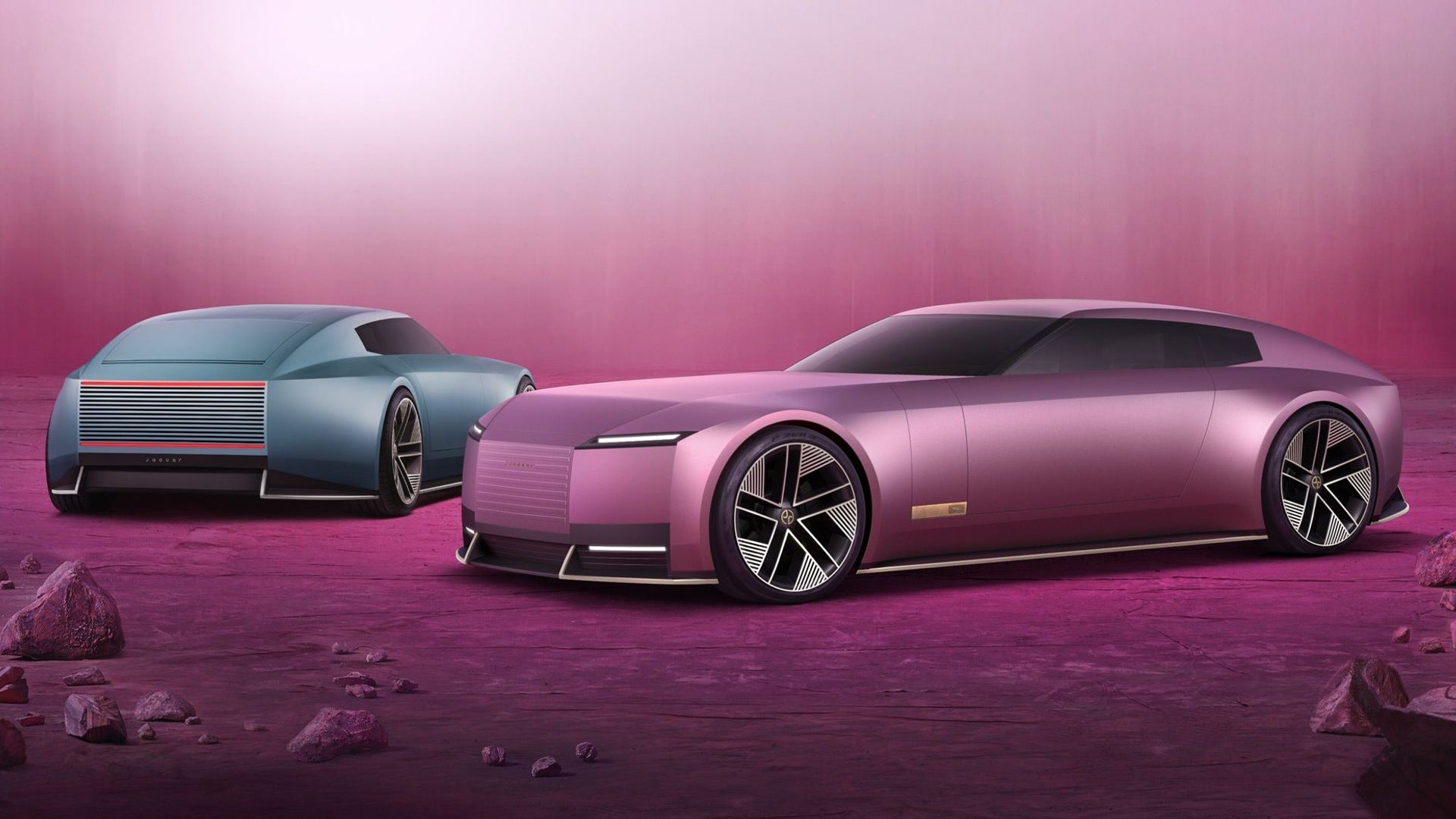L'ambitieux programme Cybertruck de Tesla semble faire face à des défis croissants alors que le nouveau stock aux États-Unis a grimpé à plus de 10 000 unités, marquant un niveau record et alimentant les inquiétudes quant au ralentissement de la demande.
Début avril, les estimations indiquaient que Tesla comptait environ 2 400 Cybertrucks invendus. Aujourd'hui, les données de suivi de Tesla-Info.com révèlent une hausse spectaculaire, largement imputable à des remises agressives, à des stratégies tarifaires variées et à des unités invendues persistantes, dont beaucoup ont été produites en 2024. Certaines annonces incluent même des modèles de la série Foundation, abandonnés depuis octobre 2024.
Tesla a réagi en baissant les prix et en lançant le Cybertruck à propulsion. Cependant, la version à propulsion partage le même pack de batteries que le modèle à transmission intégrale, laissant présager une consolidation visant à réduire les coûts. Malgré ces efforts, l'appétit des consommateurs reste faible.
Avec un prix moyen d'un Cybertruck avoisinant les 78 000 $, les stocks invendus de Tesla pourraient représenter près de 800 millions de dollars de valeur immobilisée. L'entreprise avait initialement prévu d'augmenter sa production à 250 000 unités par an, mais les tendances de vente actuelles suggèrent qu'elle pourrait avoir du mal à écouler ne serait-ce que 20 000 unités par an aux États-Unis.
Cette stagnation aurait conduit Tesla à réduire considérablement la production du Cybertruck. En attendant la confirmation officielle, les observateurs du secteur soupçonnent une pause ou une refonte stratégique imminente.
La situation contraste fortement avec le battage médiatique initial autour du Cybertruck et ajoute une nouvelle pression à la stratégie plus large de Tesla en matière de pick-up électriques alors que la concurrence s'intensifie sur le marché des camions électriques.
Lecture recommandée : Les prix de revente du Tesla Cybertruck chutent en raison du déclin généralisé de la marque







Partager:
Ventes automobiles du premier trimestre 2025 : principaux gagnants et principaux perdants
Mazda vient-elle de déposer un brevet qui mettra fin à la MX-5 ? Absolument.